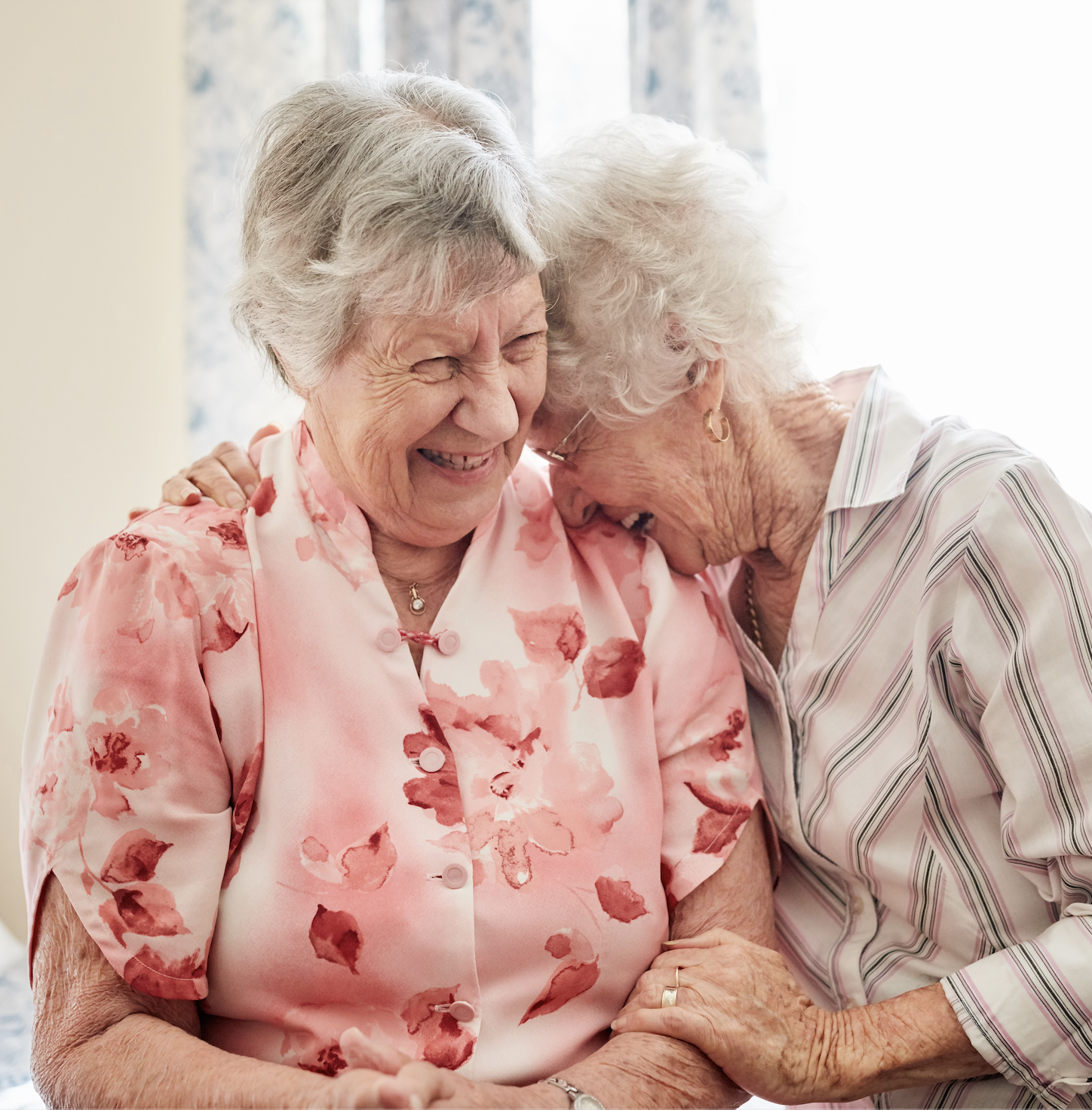
In the heart of England, the crack of the bat against the ball, the soft thud of the ball in the fielder's hands, and the chorus of fans echo the unmistakable sound of summer: cricket. Considered the national summer sport, cricket has woven itself into the fabric of English society for generations. For many elderly people in England, the passion for cricket endures as a cherished pastime and a source of fond memories. In this article, we'll explore the timeless connection between the elderly and the quintessentially English game of cricket.
An enduring summer tradition for the elderly
Cricket holds a special place in the heart of England, transcending mere sport to become a cherished summer tradition. As the cricket season unfolds with its iconic white flannels and verdant village greens, it evokes nostalgic memories of sunny afternoons spent in the company of friends and family, both on and off the pitch.
Participation and spectatorship:
Find YOUR ideal care home NOW!
For many elderly cricket enthusiasts, the sport was a vibrant part of their youth. Fond memories abound of playing in local clubs or friendly matches in parks. Though physical limitations may now restrict active participation, the love for cricket endures, often manifesting in enthusiastic spectating at local and international matches.
Storied history and heritage:
The annals of cricket history are replete with legendary matches and iconic players, weaving a rich tapestry of England's sporting heritage. For the elderly, reminiscing about cricketing greats like Sir Donald Bradman or Sir Ian Botham offers a nostalgic connection to bygone eras and cherished memories.
Community bonds and social connection:
Cricket isn't just about the game; it's about the sense of community and camaraderie it fosters. Elderly enthusiasts relish attending matches with peers, basking in the shared experience of supporting local teams and reveling in the timeless spirit of the sport.
Mental stimulation and generational connection:
Following cricket offers mental stimulation, with its strategic intricacies and statistical analyses providing a cognitive workout. Moreover, cricket often bridges generational divides, as elderly fans delight in passing on their passion to grandchildren, fostering a cherished familial bond over the shared love for the game.
Adapting to Modernity:
While rooted in tradition, cricket has evolved with the times, embracing shorter formats like One Day Internationals (ODIs) and Twenty20 (T20) matches. Elderly fans embrace these changes, enjoying both the classic allure and contemporary innovations that keep the sport vibrant and relevant.
Government and Charitable Support for Elderly Care Homes
| Support Type | Details | Who Benefits? |
|---|---|---|
| Government Energy Relief | Subsidies for care homes to reduce energy costs | Residents and care providers |
| Financial Assistance Programs | Grants for seniors struggling with care home fees | Elderly individuals on fixed incomes |
| Food and Supply Donations | Charities provide essential food and supplies to care homes | Care home residents and low-income seniors |
| Volunteering Initiatives | Community programs offering companionship and support | Residents experiencing isolation |
| Social Care Reforms (Proposed) | Calls for increased pension support and policy changes | Future elderly generations |
Cricket is more than a pastime; it's a cultural cornerstone that unites generations and embodies the spirit of English summers. For the elderly, cricket remains a timeless source of joy, nostalgia, and connection, echoing across village greens and stadiums alike as a testament to enduring traditions and enduring passions.
FAQ: Cost-of-Living Crisis and Elderly Care Homes
| Question | Answer |
|---|---|
| Why are care home costs rising? | Inflation has led to increased costs for energy, food, medical supplies, and staff wages, forcing care homes to raise their fees. |
| How are residents affected by these rising costs? | Many elderly individuals on fixed incomes struggle to afford higher fees, and some care homes have reduced services to manage expenses. |
| What financial support is available? | Government subsidies, charitable grants, and pension assistance programs help some seniors manage the rising costs. |
| How do charities help care homes? | Organizations like Age UK provide food, financial aid, and advocacy to support struggling care homes and elderly residents. |
| What measures are care homes taking to reduce costs? | Investing in energy-efficient solutions, partnering with local suppliers, and launching community fundraising initiatives. |
| How does the crisis impact the emotional well-being of residents? | The financial strain and reduction in services lead to stress, anxiety, and social isolation among elderly individuals. |
| Are there alternatives to care homes for struggling seniors? | Yes, some government and community-based programs provide home care assistance as an alternative to residential facilities. |
| How can families help elderly relatives? | They can research financial aid options, contribute to care costs, and volunteer in community programs supporting seniors. |
| What long-term solutions are needed? | Increased government funding, social care policy reforms, and stronger support networks to sustain affordable elderly care. |
| Where can seniors get financial help? | Contact organizations like Age UK, Citizens Advice, or local councils for information on assistance programs. |
For assistance in finding a care home or facility suited to your needs, contact us at 0230 608 0055 or fill out our online form.
Share this article :
Latest posts
You are looking for an establishment for your loved one ?
Get availability & prices
Fill in this form and receive
all the essential information
We would like to inform you of the existence of the opposition list for telephone canvassing.











